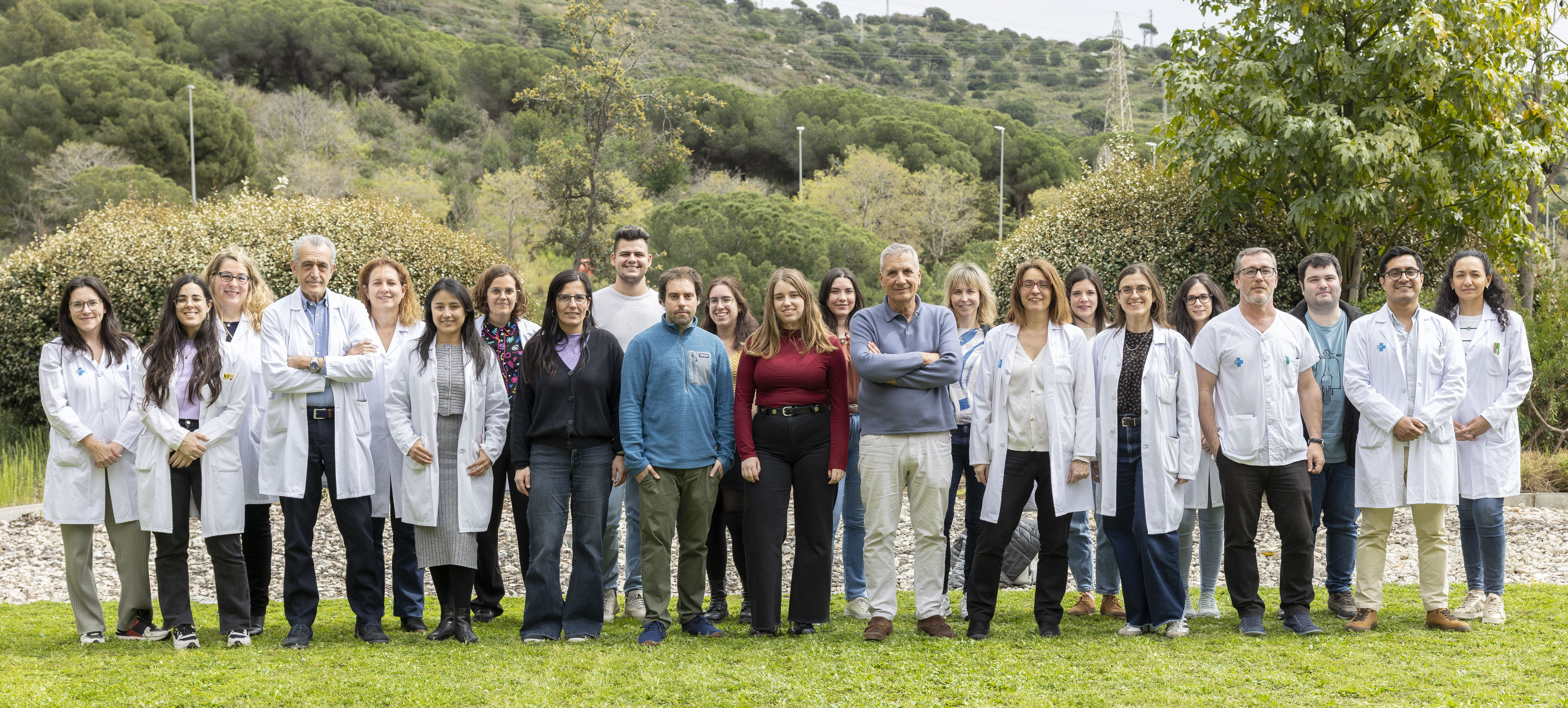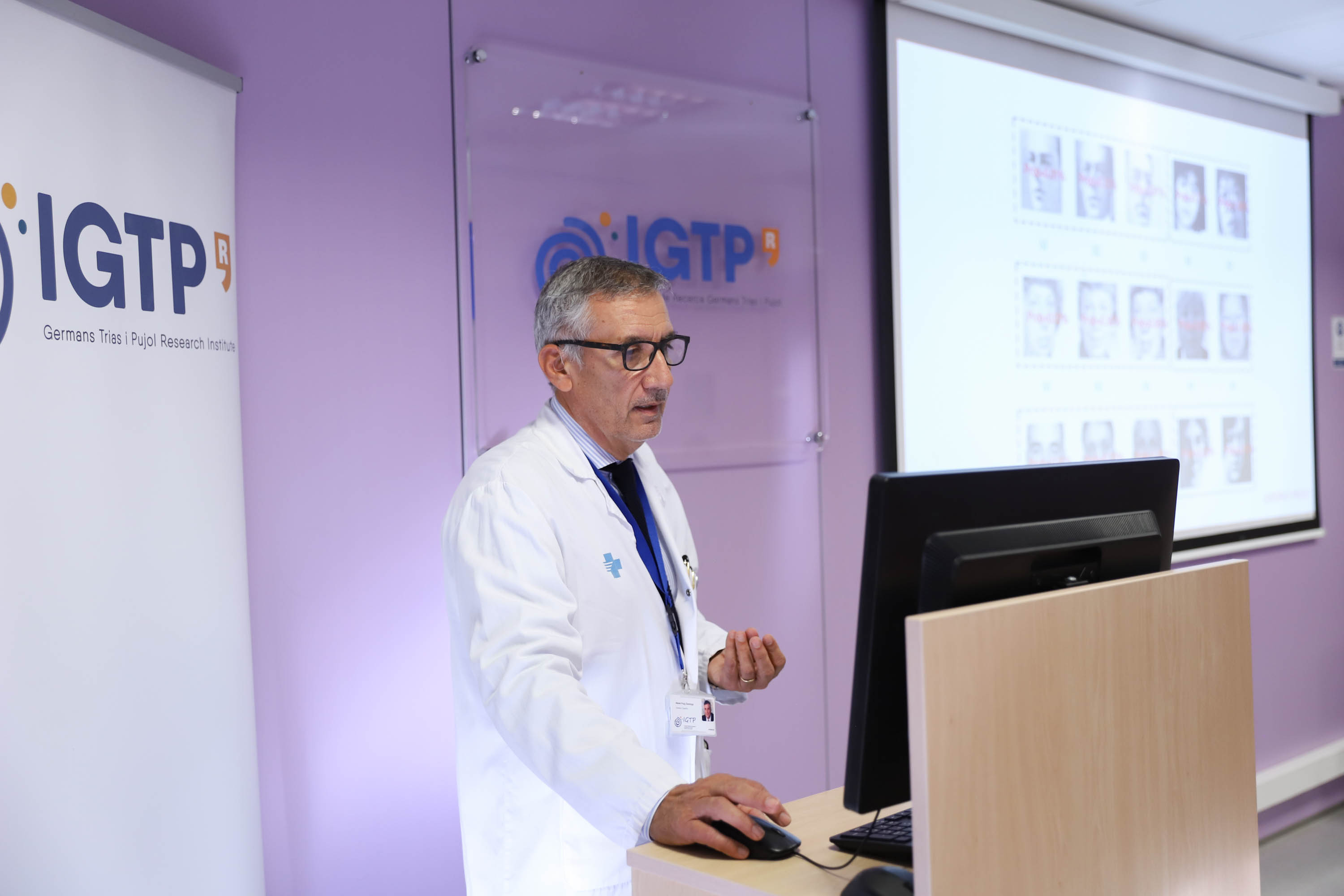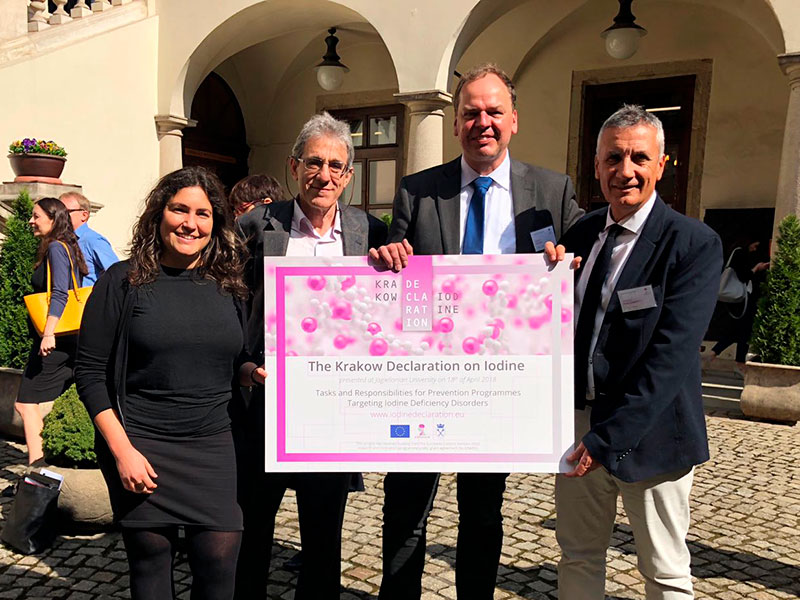A systematic review organises available omics data on pituitary tumours
A recent study has carried out a systematic review of the scientific literature on omics data generated in pituitary tumours, with the aim of organising, cataloguing and facilitating the reuse of publicly available resources for future research projects.


_1746530699_1761816045.jpg)




_1723033241.jpg)

